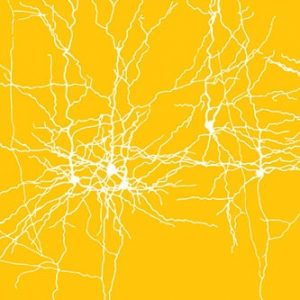ELSC Heller Lecture Series
Home » Heller Lecture Series » Time and belief: A neural mechanism of decision making
Heller Lecture Series in Computational Neuroscience
Prof. Michael Shadlen
Professor of Physiology and Biophysics, Howard Hughes Medical Institute, University of Washington, Seattle

On the topic of:
Time and belief: A neural mechanism of decision making
This lecture describes recent advances in our understanding of the neural mechanisms responsible for some forms of decision-making. The study of decision-making opens a window on the neural basis of many other higher cognitive capacities which also use information in a contingent fashion and in a flexible time frame — free from the immediacy of sensory events or the need to control a body in real time. I will describe neural recordings from the parietal cortex of nonhuman primates that are trained to make difficult perceptual decisions. The neural responses provide insight into how decisions are made: how accuracy and speed are traded against one another, how the brain reasons from probabilistic cues (as in predicting the weather), and how the brain assigns confidence — degree of belief — that a decision is correct. Interestingly, Alan Turing and Abraham Wald anticipated the brain’s decision-making strategy during the 2nd World War. Turing applied similar computations to break the Enigma cipher, while Wald invented the field of sequential analysis. Our experiments suggest that this computational strategy may be essential for higher brain function.
When
Where

